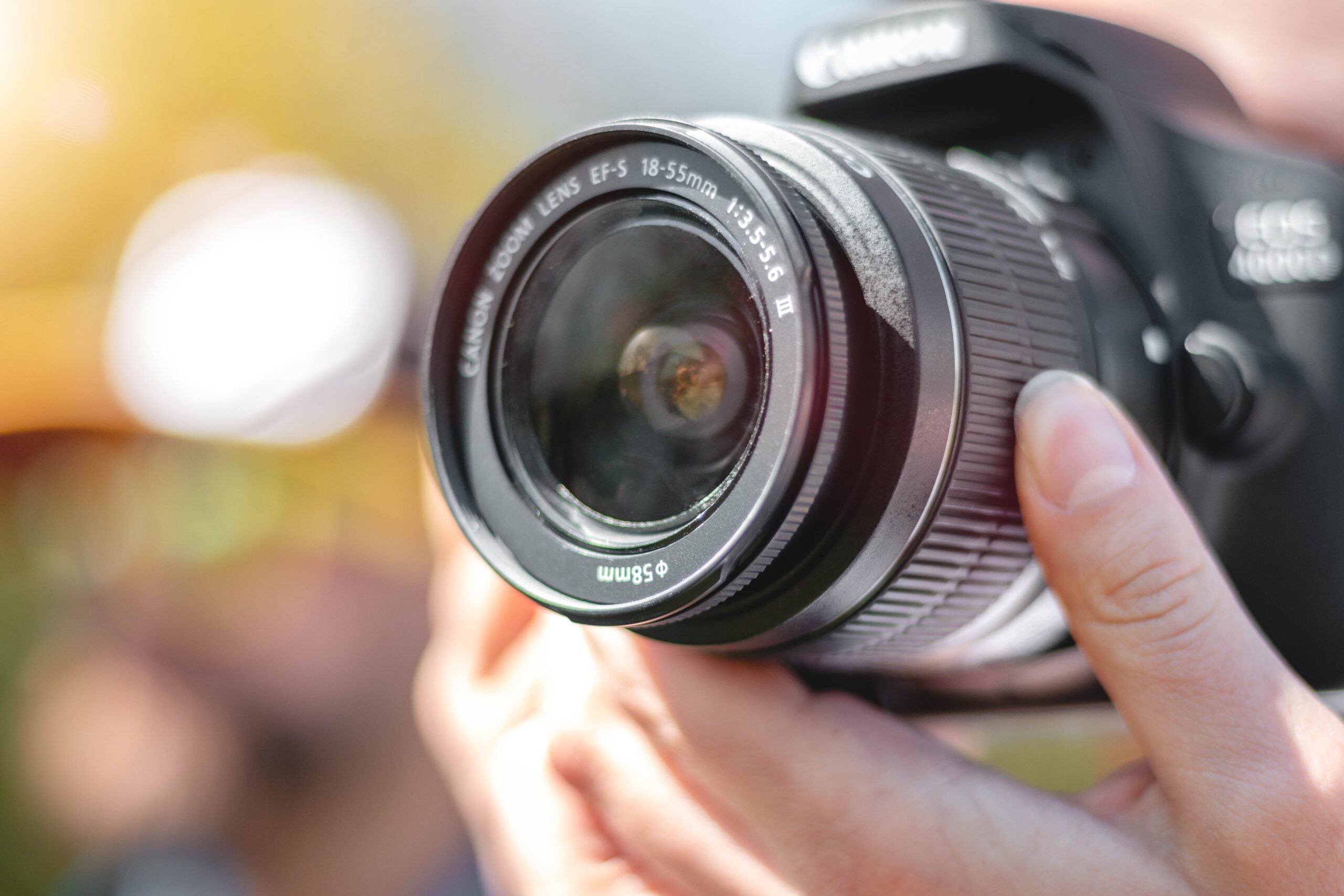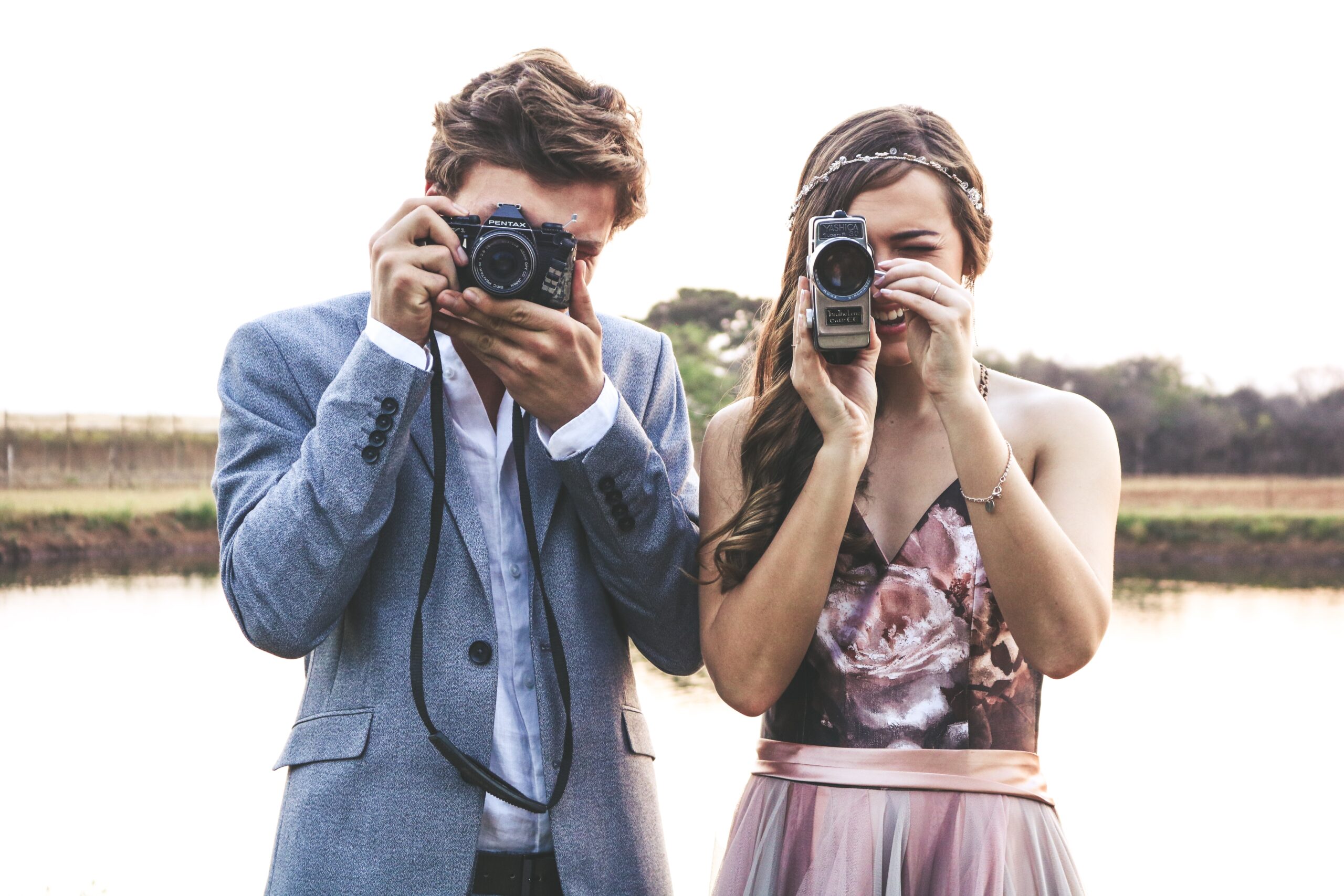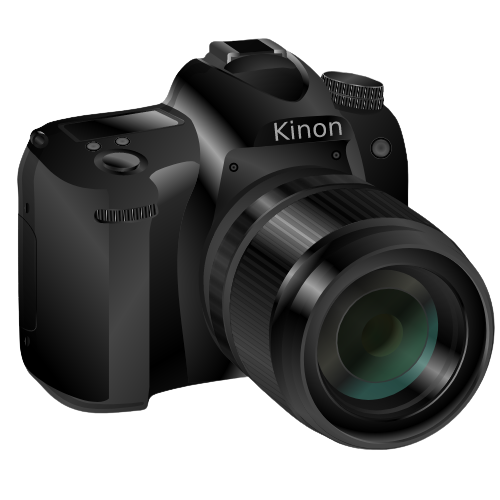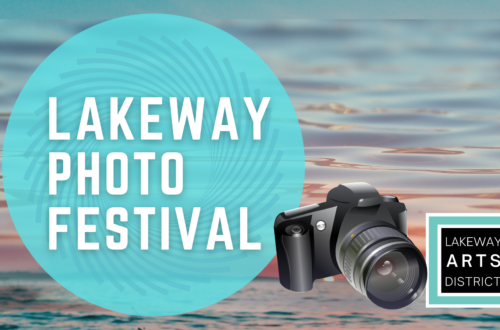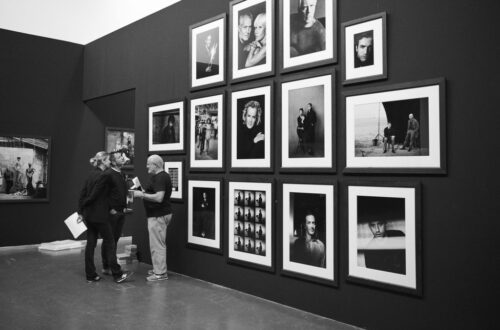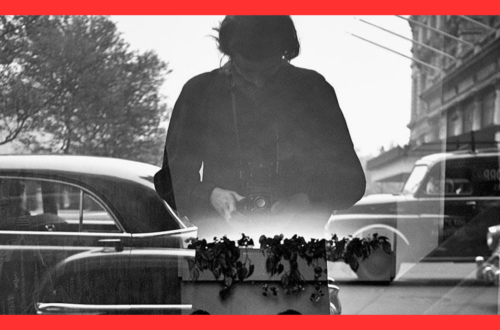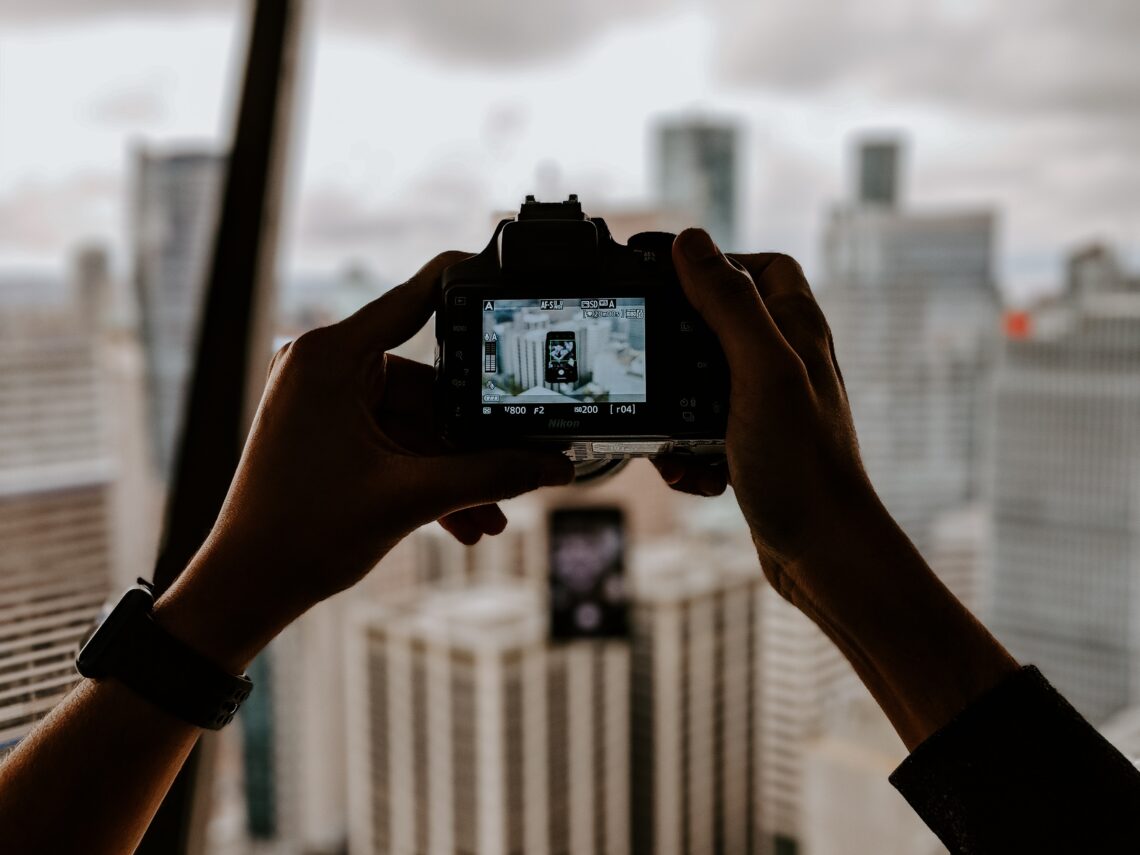
Photography 101: A Guide for Beginners
 Photography is the art of capturing light to create an image. It is a vast and ever-evolving field, but there are some basic principles that all beginner photographers should know.
Photography is the art of capturing light to create an image. It is a vast and ever-evolving field, but there are some basic principles that all beginner photographers should know.
The Three Pillars of Photography
The three pillars of photography are exposure, composition, and post-processing.
- Exposure is the amount of light that reaches the camera sensor. It is controlled by three settings: aperture, shutter speed, and ISO.
- Composition is the arrangement of elements in a photograph. It is important to consider the subject, the background, and the lines and shapes in the scene.
- Post-processing is the editing of a photograph after it has been taken. This can involve adjusting the brightness, contrast, and color of the image, as well as adding filters and effects.
Getting Started
If you are just starting out in photography, there are a few things you will need:
- A camera. You can start with a point-and-shoot camera, but a DSLR or mirrorless camera will give you more control over your images.
- A lens. The lens is the part of the camera that focuses the light onto the sensor. There are many different lenses available, so choose one that is appropriate for the type of photography you want to do.
- A tripod. A tripod will help to keep your camera steady, which is important for taking sharp images.
- A memory card. This is where your images will be stored.
Learning the Basics
Once you have your gear, it is time to start learning the basics of photography. There are many resources available online and in libraries. You can also take a photography class or workshop.
Practice Makes Perfect
The best way to learn photography is to practice. Take your camera with you everywhere you go and experiment with different settings and compositions. The more you practice, the better your photos will become.
Have Fun!
Photography is a great way to capture memories and express your creativity. So relax, have fun, and enjoy the process.
Here are some additional tips for beginner photographers:
- Read your camera manual. This will help you understand the basic functions of your camera.
- Take the time to compose your shots. Don’t just point and shoot. Take a moment to think about what you want to capture and how you want to arrange the elements in the scene.
- Experiment with different settings. Don’t be afraid to try new things. The more you experiment, the better you will understand how your camera works.
- Don’t be afraid to make mistakes. Everyone makes mistakes when they are learning. The important thing is to learn from your mistakes and keep practicing.
